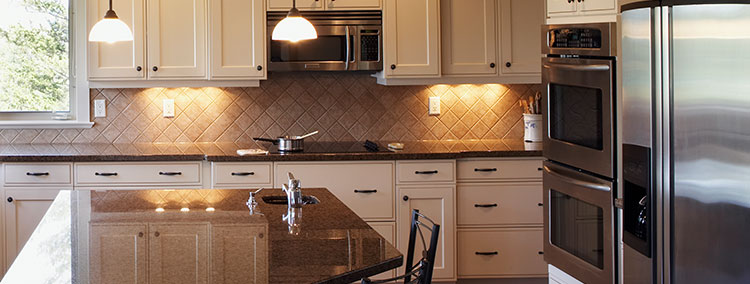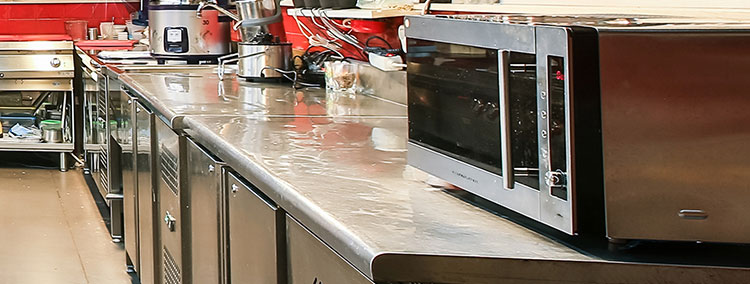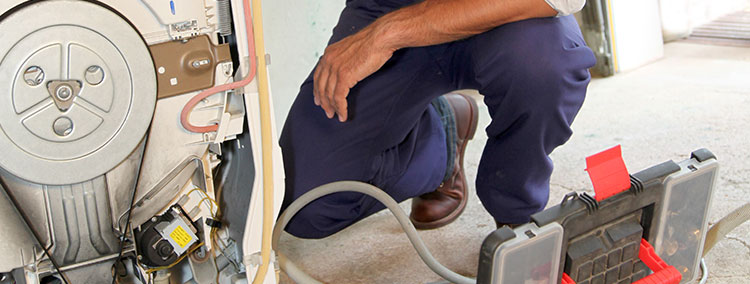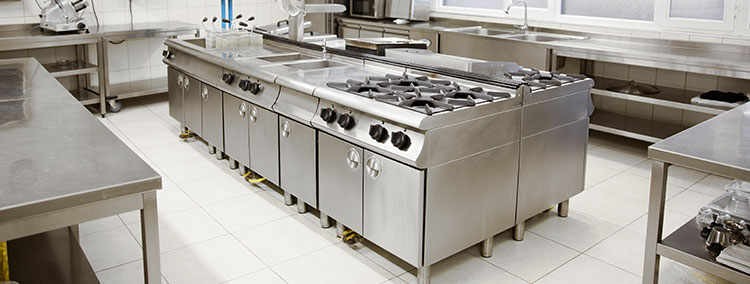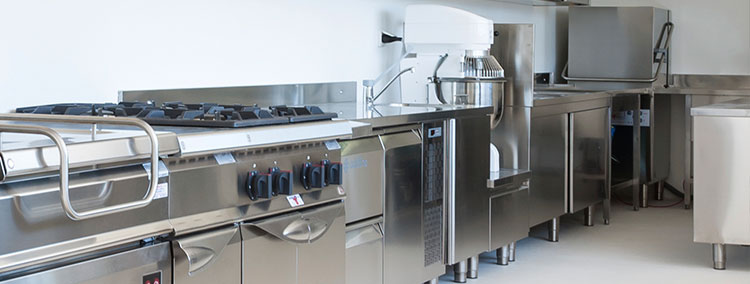Dishwasher noises mean there is a problem with your appliance. According to dishwasher repair professionals, the dishwasher will make a myriad of noises that have different meanings. These noises include:
Grinding noises
Grinding noises are due to different reasons. A light grinding can be due to the running of the dishwasher motor, and you have nothing to worry about when you hear it.
If you immediately hear loud grinding noises, your unit might be having problems with the plastic blades of the drain impeller.
The appliance uses the blades to break up larger food particles. When things get stuck there, they make grinding noises.
If there is nothing stuck in the blades and you can still hear the noises, the noise might be coming from the water inlet valve. The valve will make the noises when there is not enough water getting into the dishwasher.
Inspect the dishwasher for clogs and replace the problematic parts.
Banging noises
Can you hear non-rhythmic banging inside the dishwasher? Contact a plumber to help you with the diagnosis of the problem.
You will have banging noises when the spray arms are hitting the dishes. You will hear a banging sound, but since the spray arms are rotating in a circle, the bang sound will have a unique rhythm to it.
If this is the case with you, simply readjust the dishes. On the other hand, if the noises aren’t rhythmic, you may be having a water hammer.
When you have a water hammer, the valves of the dishwasher close, forcing the water behind it to rattle the pipe, leading to a banging noise.
The plumbing professional you hire will find out the cause of the water pressure and install an adjuster to ensure that you don’t burst a pipe.
Did you recently install a dishwasher? A banging sound will come about when the drain line thumps against the wall or cabinets during the operation. You need to readjust the dishwasher, and the noises will go away.
Buzzing
Buzzing sounds are sounds of water as its being forced down the drain or food disposal. In most cases, when you hear these sounds, you have nothing to worry about even if the sounds are loud. This is because they can get too noisy when there is a lot of food to get rid of.
Humming noises
It’s normal for the dishwasher to hum during normal operation, but if you hear humming sounds that are louder than normal or high-pitched, investigate the dishwasher fan or motor.
If the humming is coming about during a drying cycle, the fan is most likely the culprit as the motor isn’t in use. On the other hand, if it occurs during any other cycle, the motor might be damaged.
You need to hire an appliance technician to troubleshoot the appliance and fix the problematic area.
Rattling
Rattling noises are due to the dishes that you put in the appliance. You might be having a loose fork somewhere, plates touching each other, a cup being jostled by water, or any other issue.
If the noises aren’t from the dishes, they are most likely from a faulty motor. You can tell where the noises are coming from by running an empty wash cycle. If you can still hear the rattling noises, they might be coming from the faulty motor.
When inspecting the motor, also take a look at the drain and filter for any solid objects that might be causing the noises.
Sometimes the noises are due to a water hammer in the pipes. You will have to hire a plumber to prevent serious damage to your plumbing.
Clicking noises
Just like humming noises, clicking noises are regular operating noises from the dishwasher. While this is the case, sometimes, the sounds can be brought about by tiny objects such as a seed bouncing around.
If you recently repaired your dishwasher, for example, replacing the O-ring, you might be having clicking sounds when the ring isn’t seating properly.
Telltale signs that the clicking is due to the recent repairs is rhythmic clicking. Before you hire an appliance repair Northern VA professional, take a look at the part you recently replaced.
